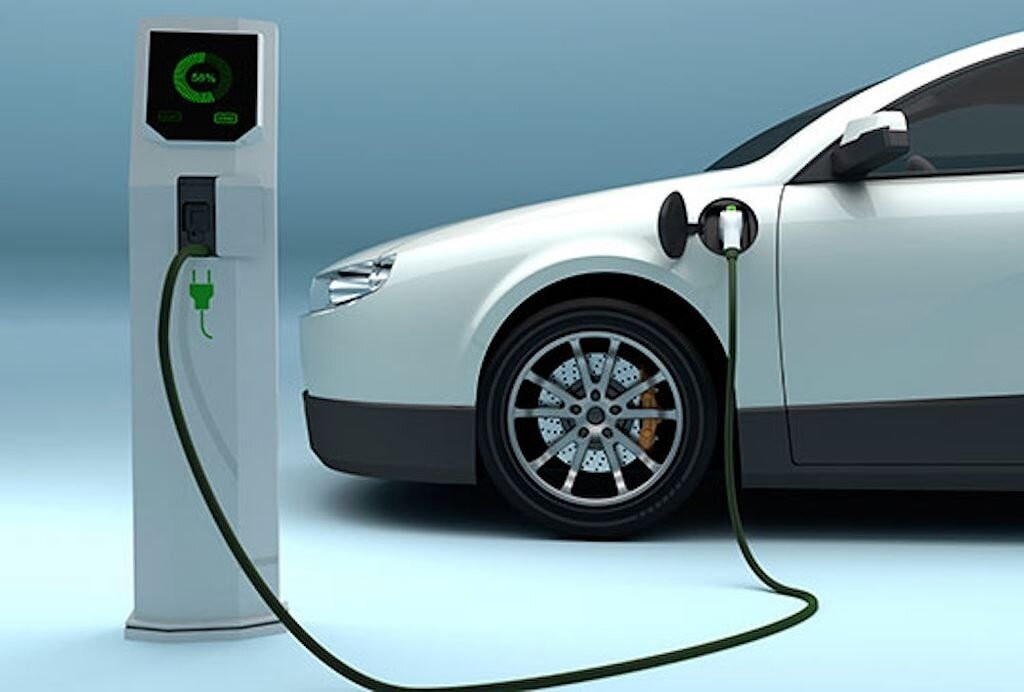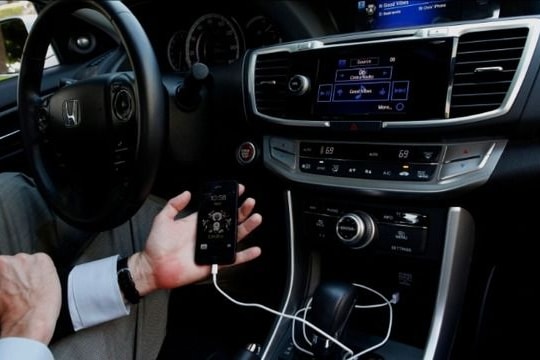Is charging at home as effective as at public stations?
Charging electric car batteries at home is said to be more convenient and less costly in the long run than charging at public stations.
Advantages and disadvantages of charging at home
Charging an electric car at home is said to be more convenient and less costly in the long run. Moreover, charging at home also helps drivers avoid having to find a charging station during the trip and not have to wait in line.
However, charging an electric car at home can involve some pretty significant upfront costs, as the average installation cost for a Level 1 charger, including materials and labor, ranges from $800 to $1,500 for indoor locations, and can even go up to $2,500 for outdoor locations.
However, if the owner wants to use the electric car for long trips, they need a level 2 charger. Level 2 chargers are not only more powerful but also more complicated because they require a 240-volt outlet and higher amperage. Therefore, it is necessary to ensure that the electrical system is compatible. If not, the owner must install a new service panel with a compatible outlet. This can cost between $1,000 and $1,500 or more.

Advantages and disadvantages of charging cars at public stations
If you regularly take long trips by electric car, a public charging station is essential.
Additionally, public charging stations offer DC fast charging – something that is not available at home. Battery charging allows electric cars to charge from 10 to 80% in just 15 minutes.
The downside of public electric car charging is that it can be crowded and there may be wait times.
Charging an electric car at a public station is more expensive than charging at home. However, the cost of public charging depends on many factors. These charges can vary from location to location and depend on the network being used.
For example, some places charge by the minute, while others charge by kWh (i.e., the amount of energy the car receives).
Furthermore, charging costs can also vary depending on the type of electric car and the weather. Like fuel costs, the cost of charging an electric car can vary depending on a variety of factors such as range, performance, electricity prices, and location.
So, charging an electric car at home or at a public charging station has its own advantages and disadvantages. Charging at home is slower but more proactive and efficient when the house is far from the charging station. Meanwhile, charging at the station is faster but less proactive, and you may have to wait in line.





